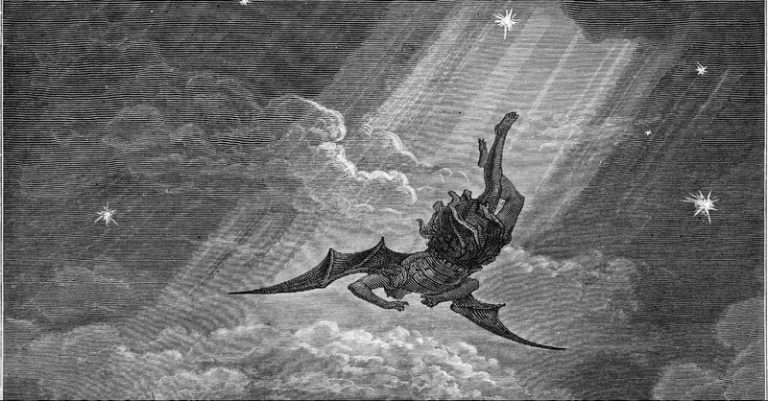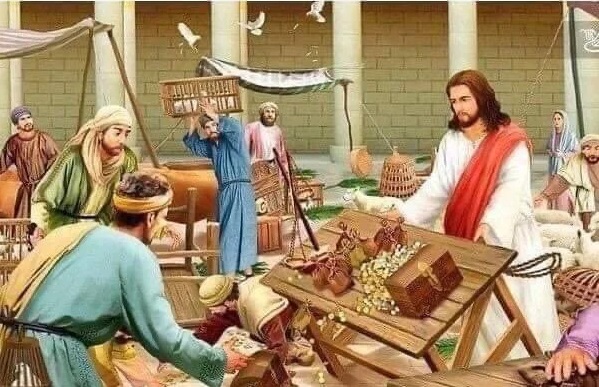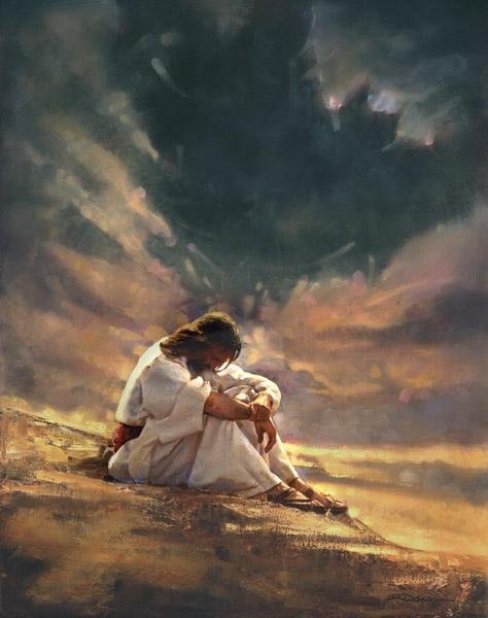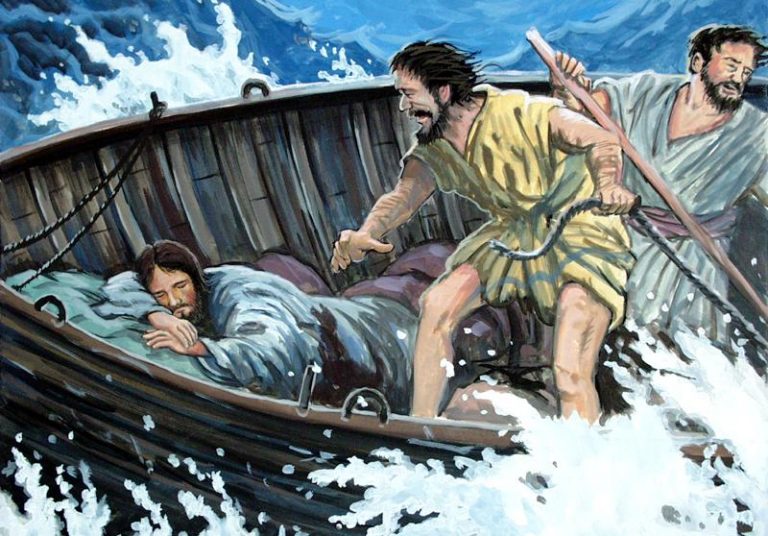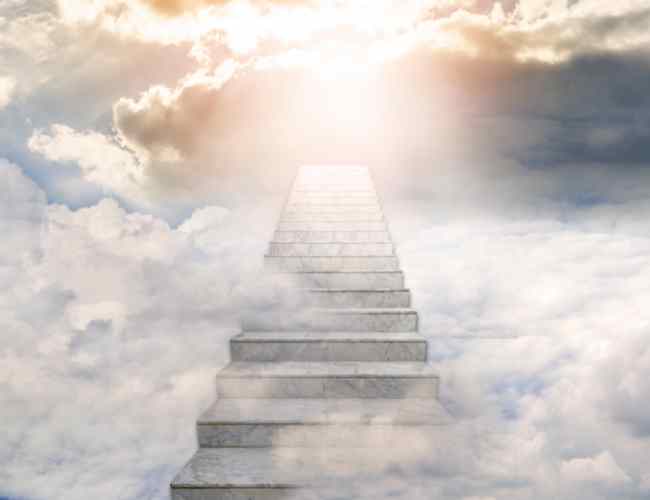What Is Easter
Easter is one of the most important religious holidays in Christianity.
It marks the resurrection of Jesus Christ and celebrates his victory over death and sin.
As such, Easter has become a time for reflection and remembrance; a time when Christians look back on the life and teachings of Jesus, and celebrate the promise of eternal life through faith.
In this article, we will explore what Easter means to Christians around the world, from its ancient roots to its modern-day observances.
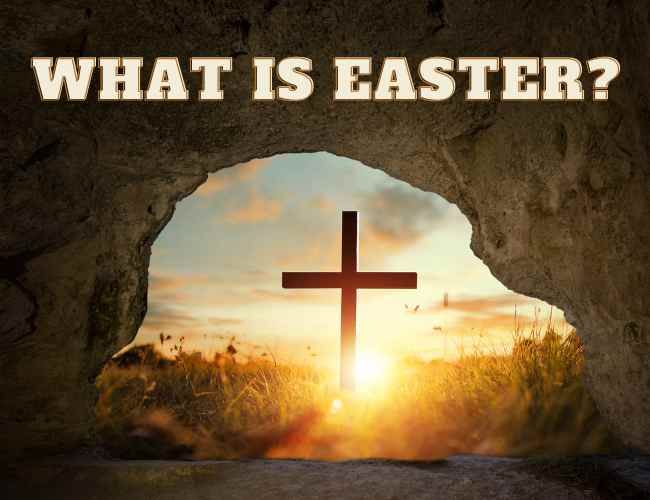
History And Origins Of Easter
Easter is a holiday of great religious and cultural significance. It is celebrated by Christians around the world to commemorate the resurrection of Jesus Christ.
In addition to its deep spiritual roots, Easter is also associated with a variety of festive activities, such as egg decorating and the exchanging of spring flowers.
These traditions are believed to have originated centuries ago in Europe and North America. Egg decorating sprang from ancient symbols that were used by pagan cultures to represent fertility and new life during springtime celebrations.
Similarly, the giving of flowers was thought to be an expression of joy and happiness in anticipation of warmer weather. The practice has since been adopted by many Christian communities as a way to celebrate Easter each year.
In modern times, these age-old customs continue to be integral parts of the Easter celebrations for many people.
Traditional Easter Celebrations
The season of Easter is often seen as a time of joy and celebration. On the surface, it is a time of springtime festivities, egg hunts and exchanging of chocolate Easter eggs. However, there is more to this holiday than meets the eye.
Easter has been an important religious holiday for centuries and continues to be observed by many people around the world today. It marks the resurrection of Jesus Christ and is celebrated with a variety of customs:
- Prayer: People gather in churches to pray in remembrance of Jesus’ death on Good Friday and his resurrection on Easter Sunday.
- Feasts: Families come together to share meals filled with traditional foods such as ham, lamb or fish.
- Celebration: In some places, parades are held to celebrate the season, featuring cheerful music and colorful decorations.
These various traditions serve as reminders that Easter isn’t just about candy and bunnies – it’s about renewal, hope and faith. By celebrating Easter each year, we can find strength for our lives today by reflecting on its meaning for generations past.
Religious Significance Of Easter
Easter is a Christian holiday that celebrates the resurrection of Jesus Christ, and it holds significant religious meaning for many throughout the world.
During this time, Christians remember the Holy Week events, including Good Friday when Jesus was crucified and Easter Sunday when Jesus was resurrected.
The significance of Easter lies in the celebration of Jesus Christ’s resurrection and His victory over death.
Through His resurrection, Christians are reminded that death is not permanent and that life will be granted to all who believe in Him.
For believers, Easter symbolizes hope in a new life, and so it is celebrated with joy and thanksgiving.
This joyous occasion is an opportunity for people to come together to worship God for His kindness and grace.
Easter Traditions And Customs
Easter is a time of renewal and joy, and the traditions that go along with it are just as vibrant. Easter fills our lives with delight, hope, and warmth like a colourful rainbow after a storm.
Here are four ways to embrace the spirit of Easter:
- Egg Dying: Traditionally, eggs were decorated as symbols of Christ’s resurrection. Nowadays, families often dye hard-boiled eggs in bright colors to represent the vividness of springtime.
- Spring Cleaning: Taking time to tidy up your home is said to bring good luck for the coming year. This practice has been around since ancient times, but it still makes sense today!
- Gathering Together: Nothing says “Happy Easter” like getting together with friends and family over a meal or an egg hunt. It’s a great way to celebrate the season and build meaningful connections!
- Giving Gifts: Whether you’re exchanging chocolate bunnies or handmade cards, giving gifts is one of the best ways to show your love for someone special this Easter season!
From egg dying and spring cleaning to gathering together and giving gifts, there are many ways to honor the joyful spirit of Easter. As we take part in these traditions, let us remember the true meaning behind them—a celebration of new life and hope for the future!
The Symbolism Of Easter
Easter is a holiday that has deep and meaningful symbolism. It is celebrated by Christians around the world and commemorates the resurrection of Jesus Christ. To further understand the importance and symbolism of Easter, it is important to look at its many symbols.
| Symbol | Meaning | Significance |
|---|---|---|
| Eggs | New Birth | The egg symbolizes new life, which reflects the resurrection of Jesus Christ from death to life. |
| Lamb | Sacrifice | The lamb symbolizes Jesus’ sacrifice for humanity. |
| Cross | Redemption | The cross symbolizes Jesus’ suffering and ultimate redemption for mankind. |
The traditional Easter celebration includes eggs, lambs, crosses, and other symbols that hold deep religious meaning. These symbols represent various aspects of Jesus’ death and resurrection, such as his sacrifice, redemption, and new life.
For example, eggs are a common Easter symbol with their symbolism rooted in Christianity’s belief in new life through Jesus’ resurrection from death. Similarly, lambs are associated with the innocence of Jesus’ sacrifice on behalf of humanity, while crosses represent his suffering before his eventual redemption through resurrection.
Through these symbols, Christians can celebrate the hope found in Jesus’ story during Easter time each year.
Understanding how each symbol contributes to this holiday allows us to appreciate the profound significance behind its celebration every year — a reminder that no matter what we face in our lives today or tomorrow, we can still find hope in God’s promises for a better tomorrow through faith in His Son’s resurrection from death to life.
Conclusion
At the heart of Easter is a paradox. It is a time of solemn religious observance, yet it is celebrated with joyous festivities.
To many, Easter symbolizes hope and renewal, but at its core, its message is one of sacrifice and redemption.
It serves as a reminder to us all that life has its ups and downs but that, ultimately we can always turn to faith for solace.
Though it may appear to be just another holiday on the calendar, in reality, Easter holds a special place in our hearts and in our souls.

Sangtea Hmar is a passionate leader of the Youth Christian Fellowship at the Electric Vengthlang Presbyterian Church in Aizawl, Mizoram, India. He is the owner of Christiantone.com and is committed to spreading the word of God. He loves to mentor youth and help them grow in their faith.

